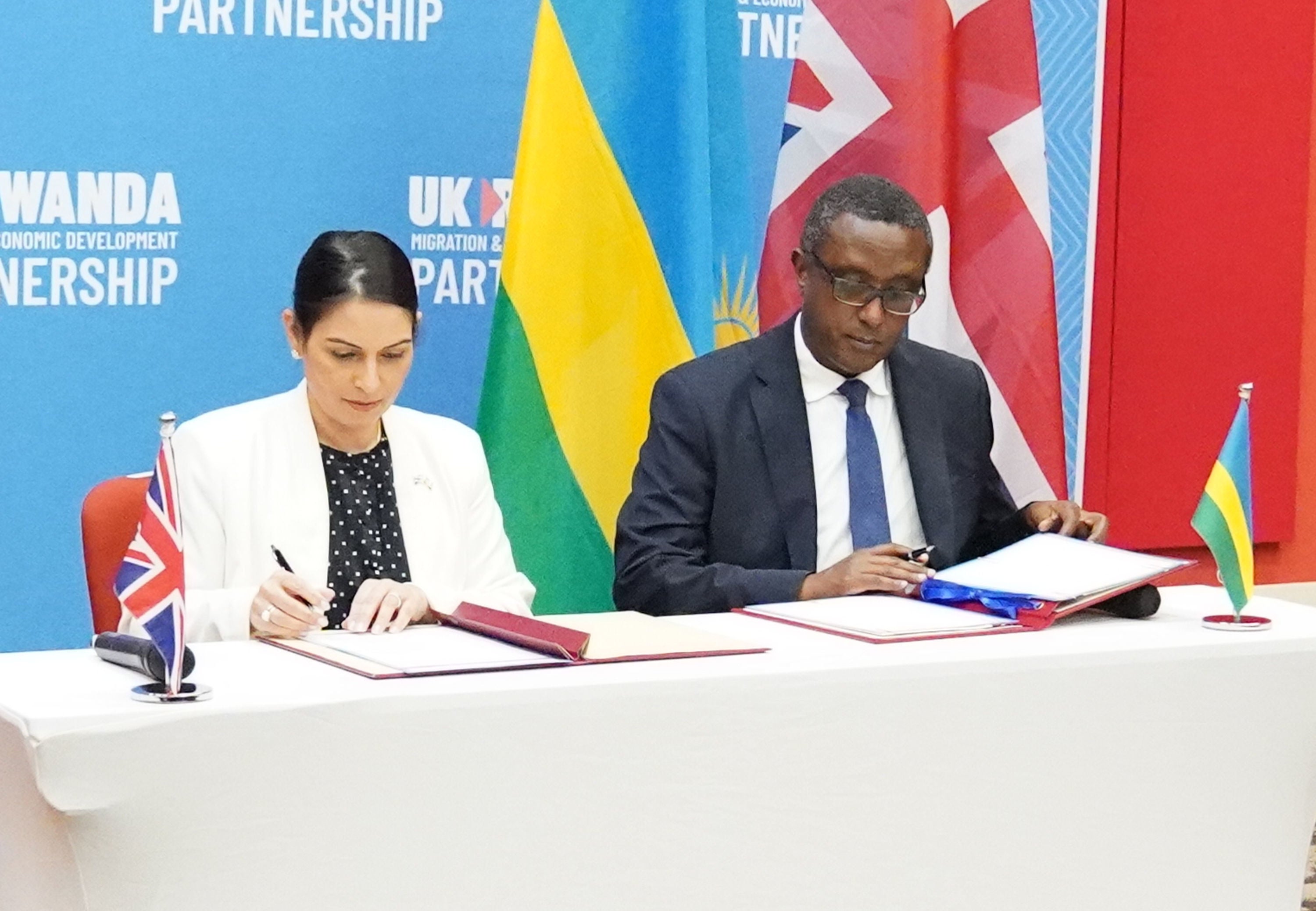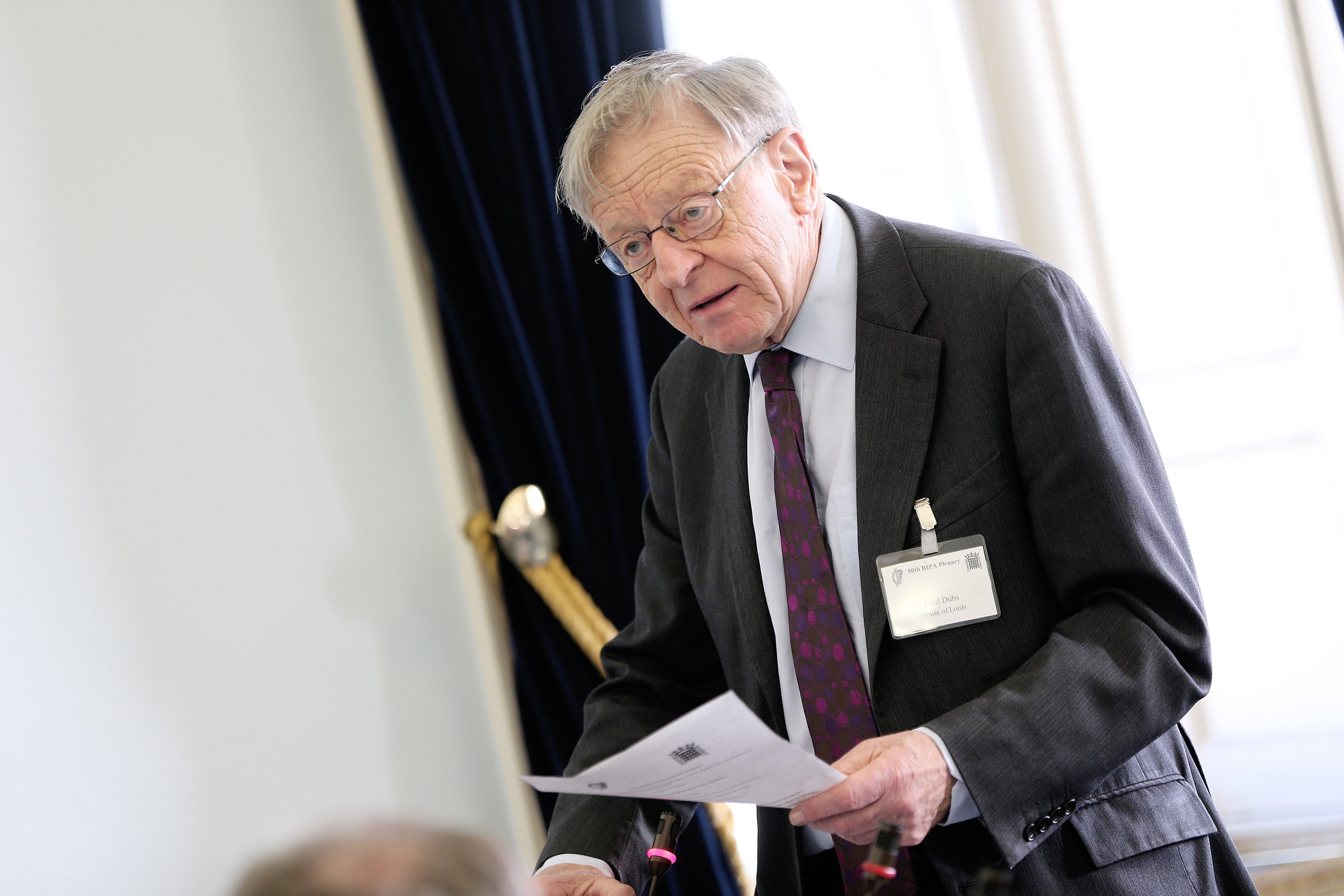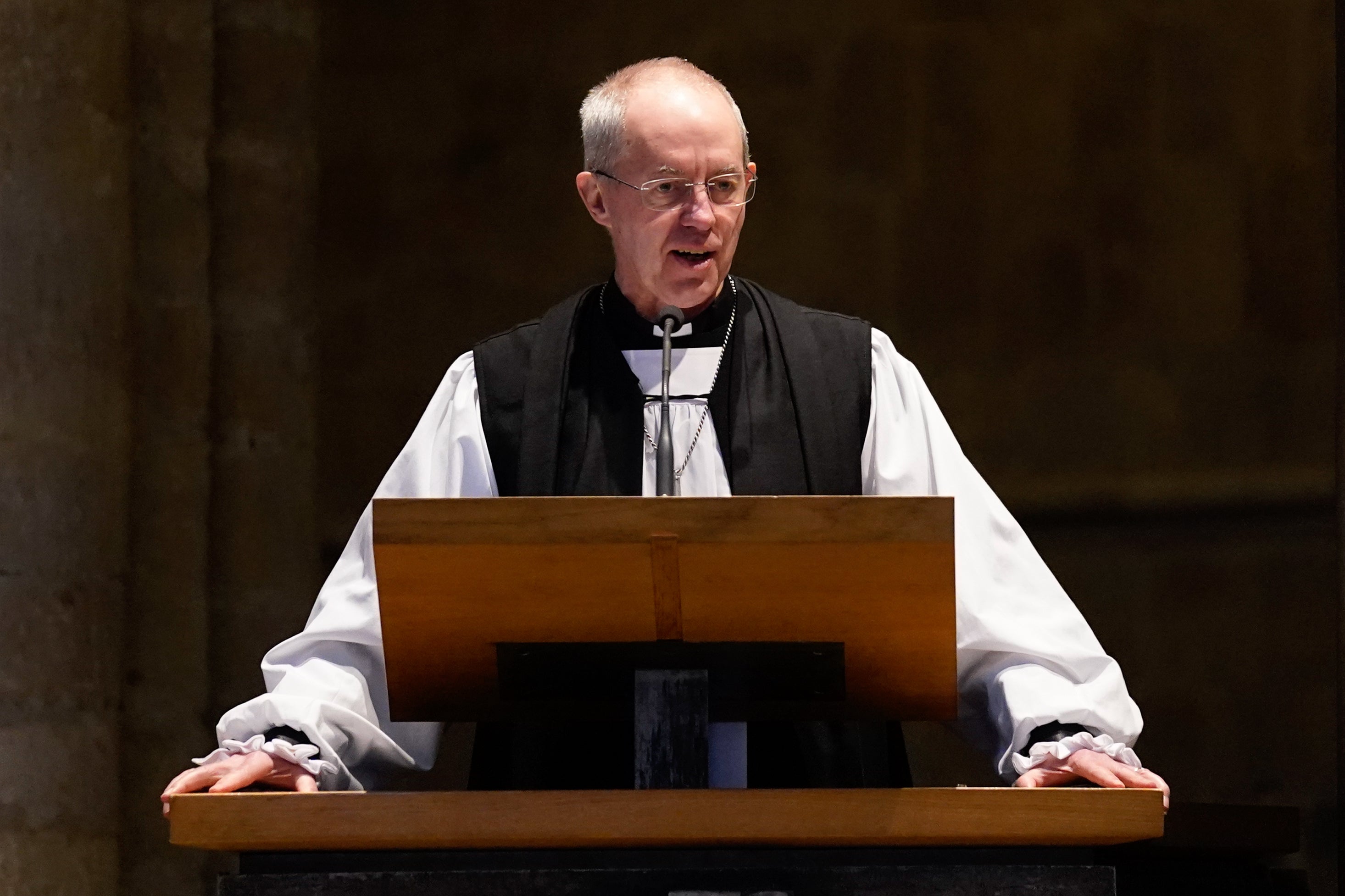Rwanda asylum plan could lead to Home Office staff walking out in protest, union warns
Unions have warned civil servants could request transfers or leave the civil service entirely, if they object to the scheme
Your support helps us to tell the story
From reproductive rights to climate change to Big Tech, The Independent is on the ground when the story is developing. Whether it's investigating the financials of Elon Musk's pro-Trump PAC or producing our latest documentary, 'The A Word', which shines a light on the American women fighting for reproductive rights, we know how important it is to parse out the facts from the messaging.
At such a critical moment in US history, we need reporters on the ground. Your donation allows us to keep sending journalists to speak to both sides of the story.
The Independent is trusted by Americans across the entire political spectrum. And unlike many other quality news outlets, we choose not to lock Americans out of our reporting and analysis with paywalls. We believe quality journalism should be available to everyone, paid for by those who can afford it.
Your support makes all the difference.Priti Patel could face a mutiny from Home Office civil servants protesting plans to send asylum seekers thousands of miles away to Rwanda, a union has warned.
It is claimed Home Office staff who oppose the policy on legal or ethical grounds could stage mass walk-outs, request transfers, or leave the civil service entirely.
Ms Patel had to issue a ministerial direction – a formal instruction from ministers to proceed with a spending proposal, despite objection from a permanent secretary – for civil servants to sign off on the Rwanda asylum plan despite concerns.
The Rwandan government will be paid an initial cost of £120m as part of the deal, with reports suggesting each person sent to Rwanda is expected to cost British taxpayers between £20,000 to £30,000. This will include the flight to Rwanda and the first three months of accommodation there.

Dave Penman, general secretary of the FDA trade union, told BBC News: “Civil servants know their job is to support the government of the day. They sign up for that knowing they might not like what the government does.
“On the more divisive policies, which this clearly is, they face a choice – implement or leave. That could mean elsewhere in the Home Office, another department, or the service.”
Mark Serwotka, general secretary of the Public and Commercial Services (PCS) Union, which also represents civil servants, said that for the government “to attempt to claim this is anything other than utterly inhumane is sheer hypocrisy”.
He added: “We have already seen that they are prepared to risk lives by turning boats back in the channel - a policy which we have had to take them to court over. It is a heartless approach that displays total disregard for human life which everyone must oppose.”
The UN’s refugee agency has condemned the plan as a “symbolic gesture” that wouldn’t work in practice.
A Labour peer has also expressed how he thinks the plan is “unlikely” to happen due to legal challenges.

Alf Dubs, a former child refugee himself, suggested that the home secretary’s proposals would breach the Geneva convention and he predicted they would be widely opposed in the House of Lords.
“As soon as they try and remove one person, I’m sure there’ll be a legal challenge, and I’m not sure the government will win it,” he said.
He added that peers would fight against the “awful, shocking decision”.
Tom Pursglove, the immigration minister, previously commented that sending asylum seekers to Rwanda would save Britain money in the “longer term”.
He told BBC Radio 4’s Today programme on Friday: “As we move forward, we will continue to make contributions to Rwanda as they process the cases, in a manner that is similar to the amount of money we are spending on this currently here in the UK.
“But longer-term, by getting this under control, it should help us to save money. We are spending £5m per day accommodating individuals who are crossing in hotels. That is not sustainable and is not acceptable and we have to get that under control.”

More than 160 charities and campaign groups have since called on the government tin an open letter to get rid of the “shamefully cruel” plans.
Regardless, Ms Patel believes the asylum proposals could serve as a “blueprint” for other countries to follow.
She said: “There is no question now that the model we have put forward, I’m convinced is world-class and a world first, and it will be used as a blueprint going forward, there’s no doubt about that.
“I would not be surprised if other countries start coming to us direct on the back of this as well.”
Referring to conversations with Danish ministers, she added: “The Danes are speaking to Rwanda. They have been in talks with Rwanda for two years. We’ve been in talks for a lot less time.
“They’ve actually suggested that we work together in terms of securing an agreement for them as well because it’s strength in numbers.”
More than 6,000 people have crossed the Channel in small boats so far this year. The latest Home Office figures suggest that 28,526 people made the crossing last year, an increase from 8,466 in 2020.
Join our commenting forum
Join thought-provoking conversations, follow other Independent readers and see their replies
0Comments